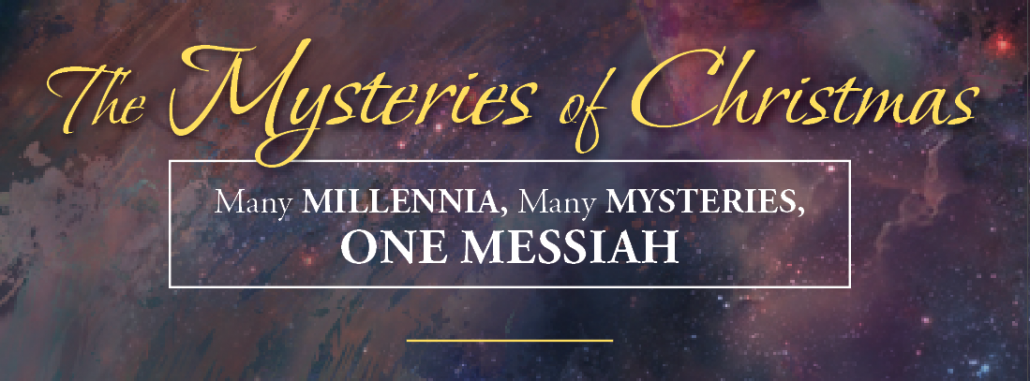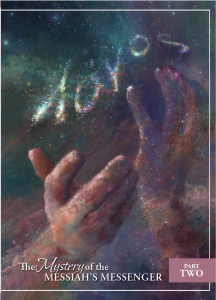December 10
Our Mystery Solved
And so John the Baptist appeared in the wilderness, preaching a baptism of repentance for the forgiveness of sins. Mark 1:4
Malachi’s prophecy contains this message: “‘I will send my messenger, who will prepare the way before me. Then suddenly the Lord you are seeking will come to his temple; the messenger of the covenant, whom you desire, will come,’ says the Lord Almighty” (3:1).
Believers took God’s pronouncement at face value—it will be obvious, they thought, when the “messenger of the covenant,” the Lord himself, comes to earth as God has promised. There will be some advance notice.
The prophet heightened anticipation by adding the word “suddenly” in the mix. That news was great! But . . . how long would they need to wait? And how clear would it be that the Lord had arrived?
In some of his final words, Malachi added another clue from God: “See, I will send the prophet Elijah to you before that great and dreadful day of the Lord comes” (4:5). I’m not sure that anyone at Malachi’s time sensed that they would have to wait about 400 years before “the Elijah” would come.
During the time of Emperor Tiberius, the mystery was revealed: John the Baptist was the “messenger” and the “Elijah” about whom Malachi prophesied. He was the “voice” who fulfilled the message of Isaiah (40:3).
John pointed to his earthly relative, Jesus from Nazareth, as the very “Lamb of God, who takes away the sin of the world” (John 1:29). Jesus returned the favor and confirmed that John was “the Elijah” whose call to repentance had God’s authority behind it (Matthew 11:10-19).
Because centuries had passed since the time of the prophets, some sort of public announcement that Jesus was the fulfillment of God’s divine plan seemed right and relevant. Not everyone perceived that the Messiah from heaven would appear as a humble and ordinary human being, or that the King’s mighty power would be exercised through words, not weapons.
John’s prophetic mission was very similar to that of the Old Testament prophets before him: spiritual renewal. That is how the prophets speak to us still today. They hold up the signs that say, “Stop sinning . . . stop walking the wrong way!” They guide us in the way of righteousness: “Jesus forgives. . . . Follow him!” By the washing of water, John made God’s divine intentions clear. Jesus was our brother indeed, on a heavenly mission to rescue and purify us from all sin.
Dear Lord, keep us patient as we wait for you. Amen.
Rev. Paul Koelpin serves Martin Luther College
as a professor of theology and history.






